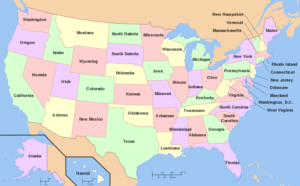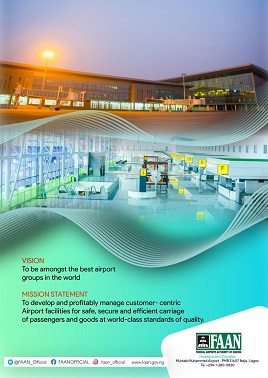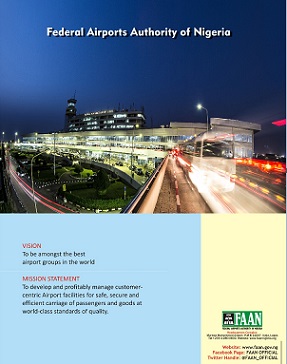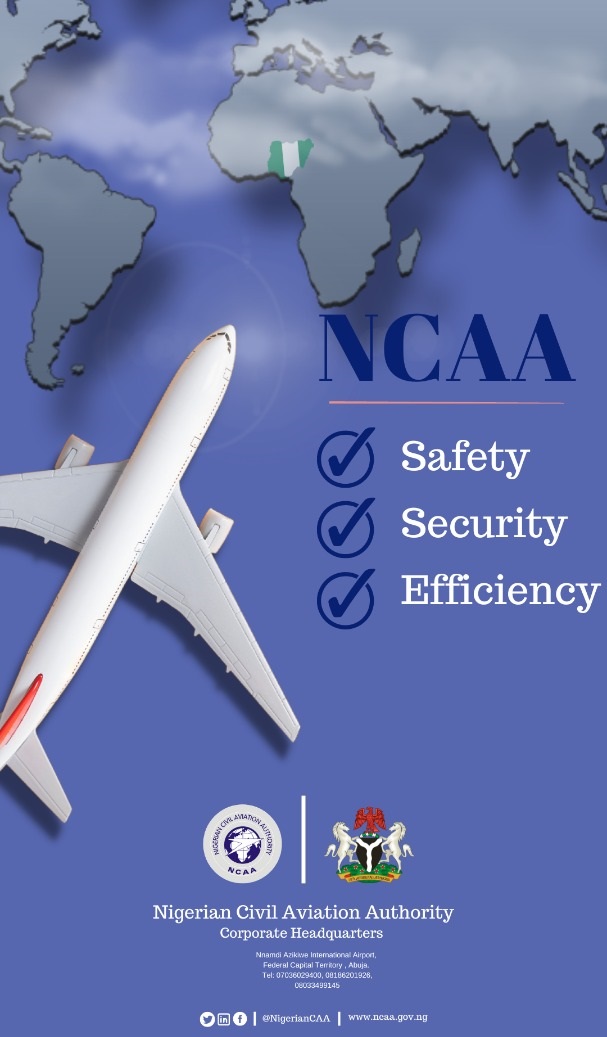
http://www.google.com/url?q=http%3A%2F%2Fapp.link.pentonaviation.com%2Fe%2Fer%3Fs%3D966913078%26lid%3D94499%26elqTrackId%3Dedb859257ef541a68e5c49b8368e0343%26elq%3D9a430e2a6a0e4b8781e81cf0705b3513%26elqaid%3D10700%26elqat%3D1%26utm_rid%3DCPEN1000001023396%26utm_campaign%3D10700%26utm_medium%3Demail%26elq2%3D9a430e2a6a0e4b8781e81cf0705b3513&sa=D&sntz=1&usg=AFQjCNG-b2L95j6UGl7BbQ6oFhrzRTBhWw
US homeland security secretary John Kelly, describing commercial aviation as “the crown jewel target” of terrorists, has announced new security requirements for all US-bound international flights, reports ATW Daily News.
the report said “The Department of Homeland Security (DHS) did not specifically spell out the new requirements, which will apply to 180 airlines and 280 airports globally, saying that details will not be publicly discussed. Generally, airlines flying to the US and airports that are the last points of departure to the United States will be required to enhance “overall passenger screening,” conduct “heightened screening of personal electronic devices” (PEDs), increase “security protocols around aircraft and in passenger areas” and deploy advanced technology and expand canine screening, DHS said. The US will push for more foreign airports to establish US Customs and Border Protection (CBP) pre-clearance facilities, Kelly said.
DHS said the 10 airports where US-bound passengers are currently required to place large PEDs in checked baggage—the so-called laptop ban—can have those PED restrictions lifted if the airports comply with the enhanced security measures being required by the US.
Kelly, speaking at a Center for a New American Security conference in Washington DC, said the new requirements will be implemented in phases, although DHS said in background material that “some” of the new standards “will be required immediately.”
Kelly emphasized that “inaction is not an option” for the affected airlines and airports. “Those who choose not to cooperate or are slow to adopt these measures could be subject to other restrictions—including a ban on electronic devices on their airplanes or even a suspension of their flights to the United States,” Kelly said. “However, we expect all airlines will work with us to keep their aircraft, their crew and their passengers safe.”
The new requirements will affect 2,100 flights and 325,000 passengers on average daily, according to DHS.
“My conclusion is this: it is time to raise the global baseline of aviation security,” Kelly said. “We cannot play international whack-a-mole with each new threat. Instead, we must put in place new measures across the board to keep the traveling public safe and make it harder for terrorists to succeed.” Kelly added that the new measures “will be both seen and unseen, and they will be phased in over time.”
Kelly said “a number of the measures we are putting in place can be dialed up and down” based on intelligence and risk assessments. He said he did not believe the new requirements will “unduly inconvenience the flying public.”
Kelly said the decision to impose the laptop ban in March was based on intelligence and input from the US Federal Bureau of Investigation, the US Central Intelligence Agency and the US military. “Our enemies are constantly working to find new methods for disguising explosives, recruiting insiders and hijacking aircraft,” Kelly said.
IATA, which has been critical of the laptop ban and urged the US to seek an alternative, said in a statement that it “welcomes the decision by … DHS to require enhanced security measures as an alternative to restrictions on the carriage of large portable electronic devices in the cabin on all flights to the US. This includes the ability to remove the existing restrictions on certain flights departing from the Middle East and North Africa to the US. IATA looks forward to working with our member airlines and DHS to implement this phased approach to enhanced aviation security, including ensuring that airline costs and operational impacts are minimized.”
IATA DG and Alexandre de Juniac warned that the “aggressive implementation timeline” of the DHS requirements will “be challenging,” adding, “Meeting it will require a continued team effort of government and industry stakeholders. In particular, airlines and airports will need to be supported by host states during the phase-in of the new requirements.”
Aaron Karp aaron.karp@penton.com








